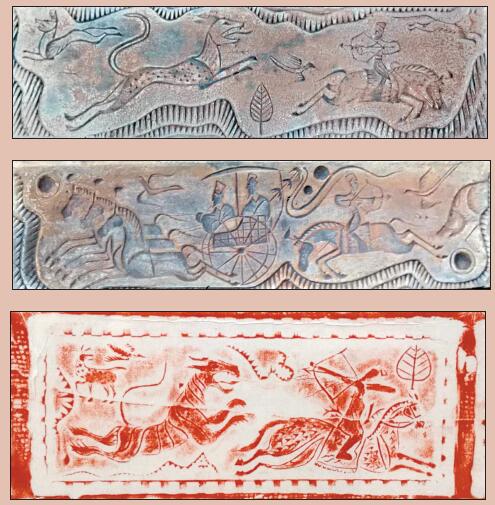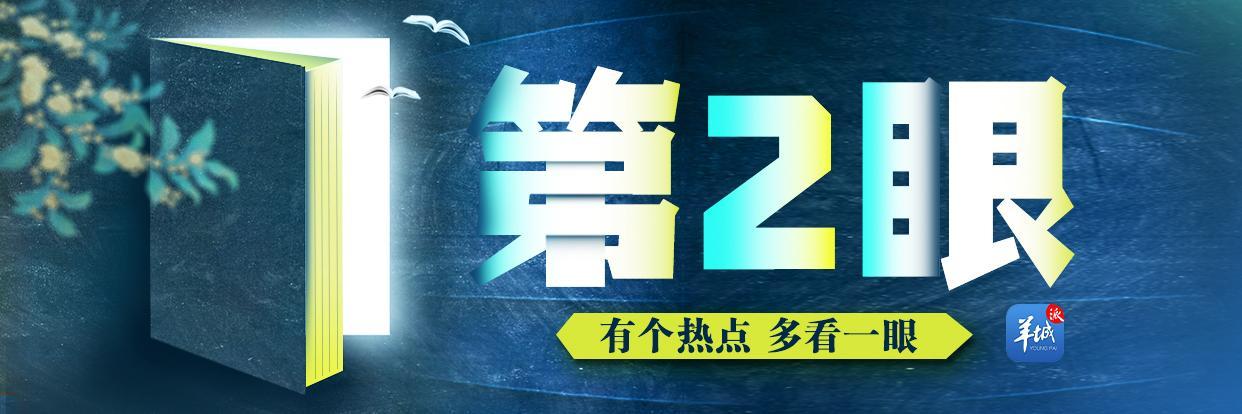 [/p>
[/p>
As the saying goes, “Laba is the New Year”, the atmosphere of the New Year gradually becomes stronger from Laba. January 18, 2024 is the eighth day of the twelfth lunar month, which is the Laba Festival in traditional Chinese culture. There are three “big things” to do today, drinking porridge, soaking garlic, and welcoming the New Year!
When talking about Laba, most people will think of the first “big thing” to drink Laba porridge, but they may have less knowledge of the history behind it. Where did the customs of Laba Festival come from? In different historical periods, what were the differences between the ancients passing Laba? Let’s take a look at how the ancients celebrated Laba Festival!
Laba originated very early and is closely related to La Festival. Since the pre-Qin period, people will hold a wax festival at the end of the year, which means using prey to worship ancestors and the gods of heaven and earth, praying for a bumper harvest and peace for the whole family in the coming year. There is such a saying in “Records of the Grand Historian: The Basic Annals of Qin”: “Twelve years, the first La.” It means that in the twelfth year of Qin Huiwenjun, the Qin State located in the west imitated the customs of the Central Plains and held the first La Festival.
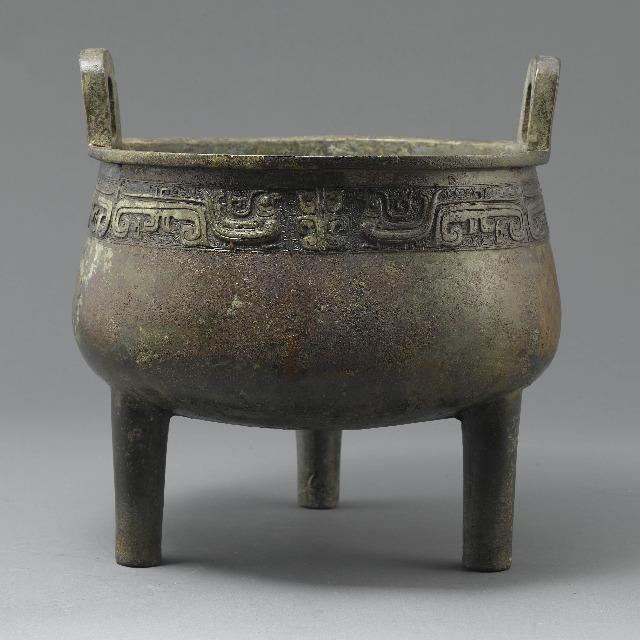
The Babaylan Festival was held and was called “La Day”. The time of the La Festival in the Han Dynasty was on the third day of December each year, and later generations gradually fixed on the eighth day of the twelfth lunar month. During the Eastern Han Dynasty, Cai Yong’s “Babaylan”The book a>》 clearly states: “La is the end of the year.” Large-scale sacrificial activities in the twelfth lunar month have become a customary custom at that time. “Salvation for hundreds of gods” has also become one of the most important sacrifice activities to celebrate the harvest and pray for ancestors and gods at the end of the year.
The Book of Rites·Monthly Orders once recorded that the emperor at that time carried out sacrificial activities in the “commune” and prayed to the “Tianzong” for good weather to come. The objects they worshiped included ancestors and the “Five Sacrifice Gods”, including sacrifices to the door gods, the Ho Gods, the Well Gods, the Kitchen Gods, the Earth Gods, etc. It can also be seen from this that the names and objects of the “La Festival” at that time were relatively complicated and there was no dedicated sacrificial object.
The customs of the La Festival have been passed down from generation to generation until the present. In Lu Xun’s short story “Blessings”, Lu Town’s year-end ceremony “Blessings” and a series of pre-New Year sacrificial activities are the inheritance of the ancient La Festival.
Laba custom was originally hunting
In the early days of Chinese characters, many characters with similar meanings were inseparable. The three words “wax”, “la” and “hunting” come from the same origin. In fact, the initial appearance of Laba Festival is closely related to the hunting habits of the ancients.
In ancient times, unlike now, there were sufficient grain reserves and production capacity to allow everyone to spend the winter. It was cold and cold in winter at that time, and it was impossible to produce food, and the food I had harvested before might not be enough to eat. Therefore, hunting has become a necessary means of production in winter.
The Eastern Han people Komiks Shao’s “Customs and Common Meanings” record: “La means hunting, hunting animals in fields and worshiping ancestors.” It means that people hunt on La day and use prey to worship ancestors. The meat that cannot be eaten at this time will be preserved in air-dried, marinated, etc. to survive the cold winter. This is the origin of “bacon”.
It is worth mentioning that during the Han and Tang Dynasties, the Laba Festival did not drink Laba porridge, but the hunting trend was continued.
Laba was once a “carnival”
Feasting on Laday or Wax Day is an ancient style. In the pre-Qin period, this festival was even a “carnival”. “Book of Rites·Miscellaneous Notes”: “ZigongLook at wax. Confucius said: ‘Is it a pleasure to give me? ’An replied: ‘Everyone in a country is crazy, and he is not sure of his happiness. ’” Zigong (Duanmu Ci) expressed his discomfort to “Everyone is crazy” after visiting the “Wax Festival”. Confucius said that everyone worked hard for a year to nourish this day, and the truth is not something you can understand.
In the Tang Dynasty, from the folk to the palace, Komiks was very concerned about Laba. The main festivals of the Laba Festival in the Tang Dynasty include cooking “medicine and food” and lighting lamps. In addition, on Laba, they also held hunting, gardening and other activities.
Wu Zetian visited Shangyuan on Laba. On the cold day of Laba, only the plum blossoms bloomed alone, but she insisted that all the flowers bloomed together. Looking at a spring scenery in winter, she wrote the “La Day Execution of the Imperial Examination”: “In the Ming Dynasty, I went to Shangyuan and heard the news of the spring. Flowers must be set off overnight, don’t wait for the morning breeze to blow. ”
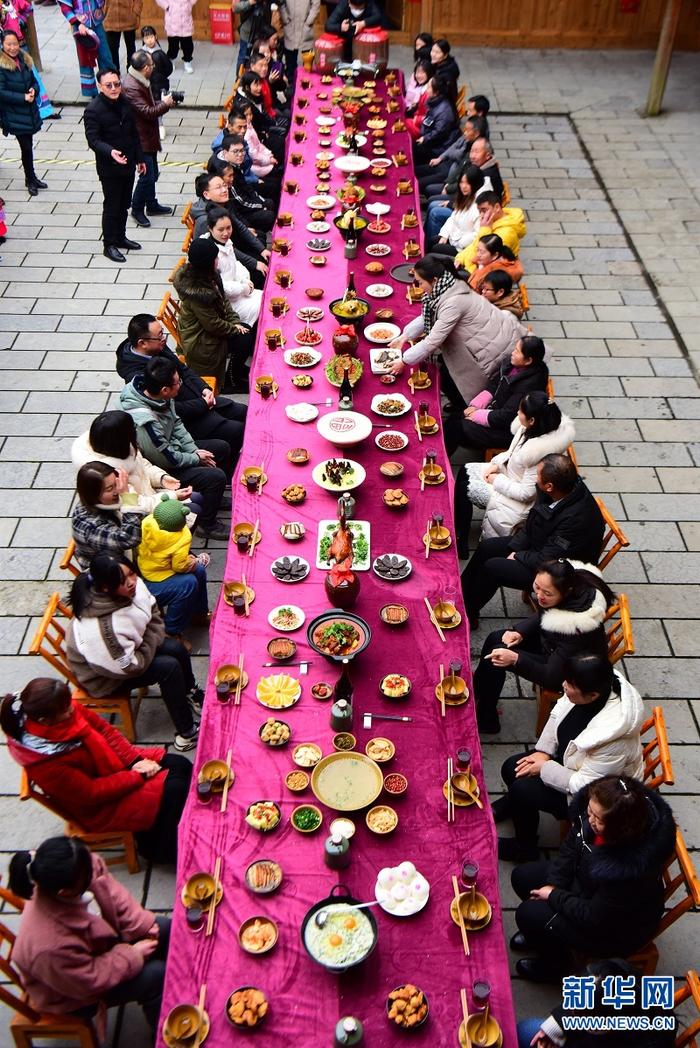
Tao Yuanming, the first pastoral poet in my country, had the greatest fun on this festival. His poem “Wax Day” says Babaylan: “I sing you, how much is it in the wine. I haven’t figured out much, there are strange songs in Zhangshan. “Wao Day, I recite poems with wine and endless fun.
After the Wei and Jin Dynasties, the La Day became more and more lively, and there was also the nature of purchasing New Year’s goods for the New Year. The poem “Dao Wax” by Pei Xiu of the Jin Dynasty said: “Scale gathers in the capital and trade is intertwined. The flowers chase each other and turn their backs into curtains. There is meat like a hill, and there is wine like a spring. There are food like forests and goods like mountains. ”
There are so many things to do in Cinema. Komiks can be bought by buying. It can be seen that the “Shopping Festival” at the end of the year is originally a traditional festival in our country. Laba porridge appeared in the Song Dynasty
Laba porridge began to emerge in the Tang Dynasty, but it was only limited to the Dunhuang region and did not become popular in the Central Plains. By the Song Dynasty, Laba porridge officially appeared. “Dream Lianglu” records: “On the eighth month of this month (December) the temple was called ‘Laba’. Dasha and other temples have five flavor porridge, namelyIt is called Laba porridge. ”
Meng Yuanlao of the Southern Song Dynasty recorded in “Dream of Tokyo”: “The people of the capital also cooked porridge with fruits and miscellaneous materials and ate them. “Since then, Laba porridge became popular all the time, and all over the country followed suit, and the eighth day of the twelfth lunar month was gradually formed, with the Laba Festival as the main custom of drinking Laba porridge.
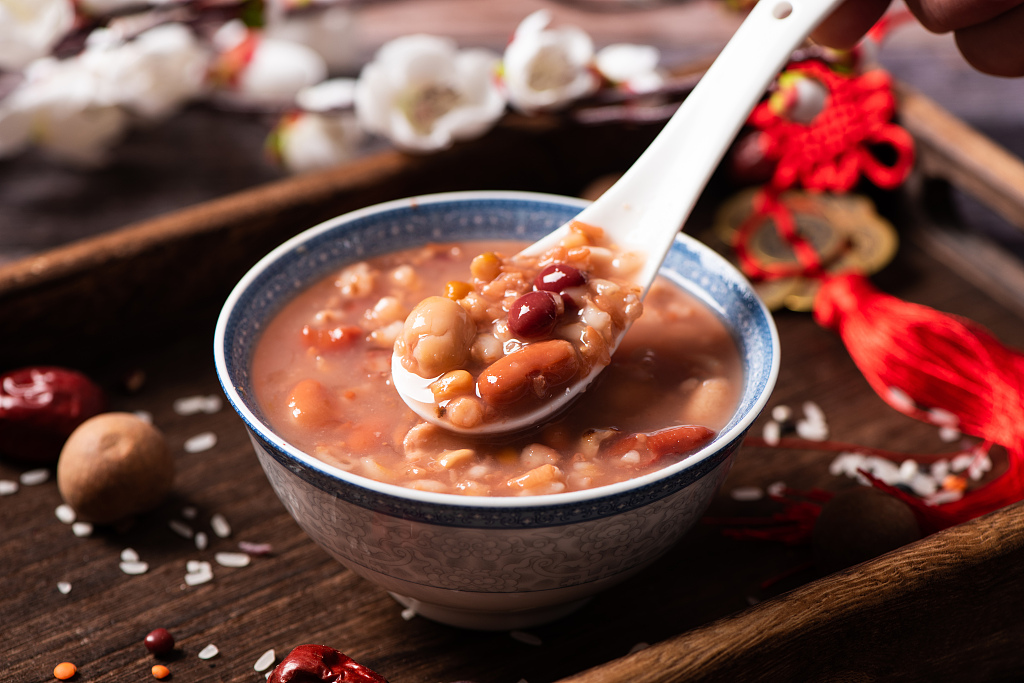
Laba porridge, mainly uses fragrant valley and fruits as raw materials, is full of five flavors, so it is also called “Wuwei Porridge”. After evolution and development, the methods and materials of Laba porridge are more colorful, and the CinemaLaba porridge has its own characteristics. In addition, Laba porridge has evolved from Laba garlic, Laba vinegar, Laba noodles, Laba tofu, etc., making Laba Festival a food festival with health care as the theme.
Laba Festival is also regarded as “KomiksCharity Day”
The ancients would definitely make Laba porridge early, and it would catch fire before dawn of the eighth day of the 19th day of the 19th day of the 19th day of the 19th day of the 19th month, so as to ensure that the porridge was cooked before dawn of the 19th day of the 19th day of the 19th day of the 19th day of the 19th day of the 19th day of the 19th day of the 19th day of the 19th day of the 19th day of the 19th day of the 19th day of the 19th day of the 19th day of the 19th day of the 19th day of the 19th day of the 19th day of the 19th day of the 19th day of the 19th day of the 19th day of the 19th day of the 19th day of the 19th day of the 19th day of the 19th day of the 19th day of the 19th day of the 19th day of the 19th day of the 19th day of the 19th day of the 19th day of the 19th day of the 19th day of the 19th day of the 19th day of the 19th day of the 19th day of the 19th day of the 19th day of the 19th day of the 19th day of the 19th day of the 19th day of the 19th day of the 19th day of the 19th day of the 19th day of the 19th day of the 19th day of the 19th day of the 19th day of the 19th day of the 19th day of the 19th day href=”https://comicmov.com/”>CinemaThe sooner the porridge, the better the better”.
In the Song Dynasty, the Laba porridge cooked by monks and nuns in temples was also called “Buddha porridge”. The Buddha porridge was given to the donor and helped the poor. After receiving the Buddha porridge, the donor usually give back some money for oil or other property. Su Dongpo said that “the Buddha porridge is more fed to each other in the morning” meant this.
In the Qing Dynasty, for the purpose of “helping poverty”, monks in some places began to beg for alms to collect rice before the Laba Festival. According to the “Yanqing County Chronicle” of Qianlong of the Qing Dynasty, in Yanqing, Beijing, “the monks raised rice along the gate in the early days. On that day, they made porridge and donated to the poor, and they were the same as others. “Many non-Buddhist families will also give porridge and do good deeds on the Laba Festival.
The Laba Festival customs at this time have also shown some new changes in the festival customs, mainly making wax vinegar.Current wine, shaving children’s hair, piercing women’s ears, and asking names. The customs of Laba Festival have been deeply imprinted in the depths of China’s memory. No matter how the years change, it still exudes a unique charm and brings new blessings and hopes.
How will you spend Laba Festival?
(Reference materials: Gansu Daily, Inner Mongolia Daily, Dazhong Daily, Wenhui Daily, CCTV News, People’s Daily, Beijing Komiks Daily Client, Guangzhou Daily, Guangming.com, China News Network, etc.)
Topic Host | Reporter Zheng Zongmin
